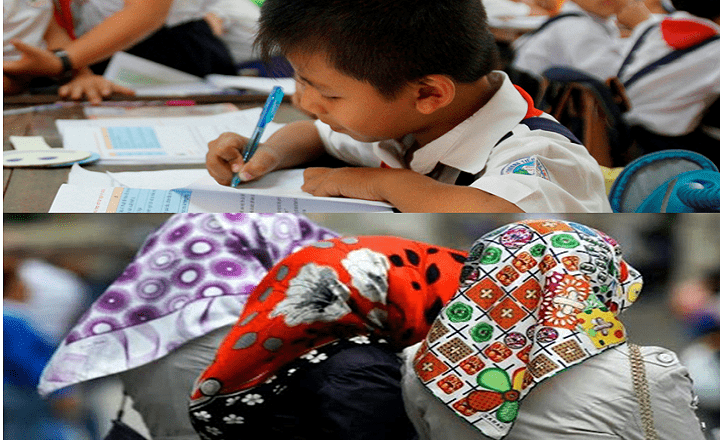LEAP Student Grants 2020

At the end of 2019 LEAP invited affiliated students to submit proposals for research projects on poverty and development issues through the "LEAP Student Grant" call. The intention is that of supporting interesting ideas and well-designed projects or pilots.
The evaluation committee composed by professors Eliana La Ferrara, Selim Gulesci, Pamela Giustinelli, Diego Ubfal and Lucia Corno have reviewed the proposals received and made their choice, pointing out that the grant is conditional on receiving the ethical approval for the study from the winners' own institution.
The results of the competition have been communicated at the end of last week and we are glad to share the two selected projects with all the LEAP community:
"Skills Beget Skills: What Can We Do About It? An RCT Analysis on the Role of Schooling in Socio-Emotional Skills Development"
by Jacqueline Nguyen, University of Maryland
Despite the rising attention that socio-emotional skills have received in recent research and in the public policy realm, little do we know about the role of schooling in the development of socio-emotional skills among students. This is partly due to the empirical challenge of disentangling the interplay between socio-emotional skills and other attributes such as family background and cognitive ability in schooling choices as well as educational outcomes. Moreover, some of the most common interventions to boost skills target either preschool period or on-the-job training. While the former relies more on family incentives, the latter capitalizes on commitment at the workplace. This project investigates an alternative: training socio-emotional skills through English classes for middle school students in Vietnam.
A large body of literature has shown that early childhood investment in noncognitive skills such as socio-emotional skills predicts labor market outcomes, and at the same time on-the-job trainings focusing on these skillsets yield positive returns. However, there is scant evidence on a direct intervention during the schooling years. Therefore, it is unclear to which extent schooling can reshape a student’s socio-emotional skills. The goals of this project are two-folds. First, the project evaluates whether directly incorporating socio-emotional skills training at school can impact on a student’s socio-emotional skills development; and second, the project takes a further step to identify which factors hinder or facilitate the development of socio-emotional skills.
"Portable Seclusion: Religious Head Scarf and Labor Force Participation"
by Naila Maya Shofia, Bocconi University
The research aims at revealing the perception of young women (and men) about the role of (religious) headscarf for female integration in the public sphere. In particular, it attempts to understand the rationale behind the use of head scarf among young female women in the context of contemporary Muslim society. The hypothesis tested here is that the headscarf is used by young female population so that they could access the job market outside of their home. The particular mechanism we are interested here is to see whether young female women (and men) perceived that wearing this religious garb could help these young females to avoid the stigma of taking jobs where interaction with “strangers” outside of their domestic compound is pertinent.
Many congratulations to both Jacqueline and Naila! We are looking forward to getting to work on the two projects!